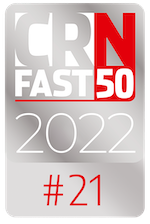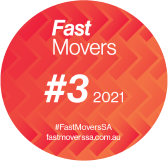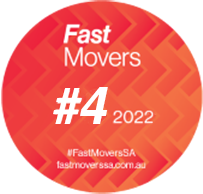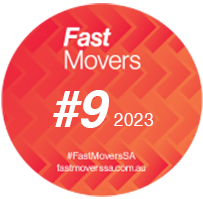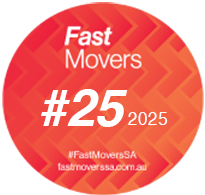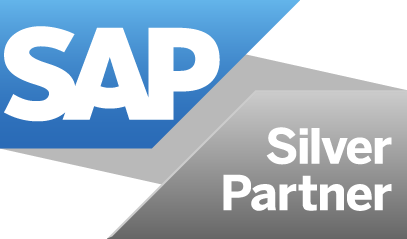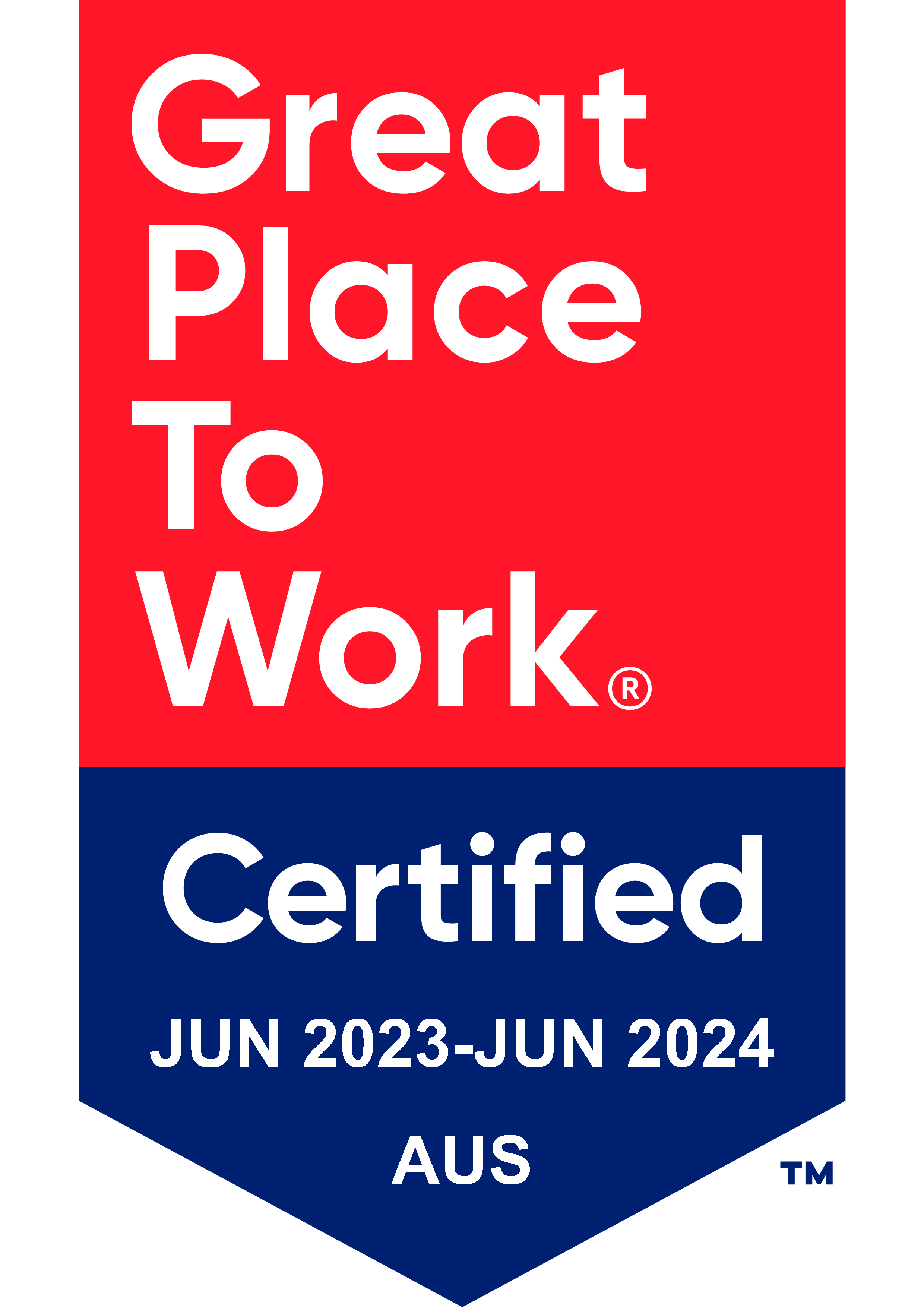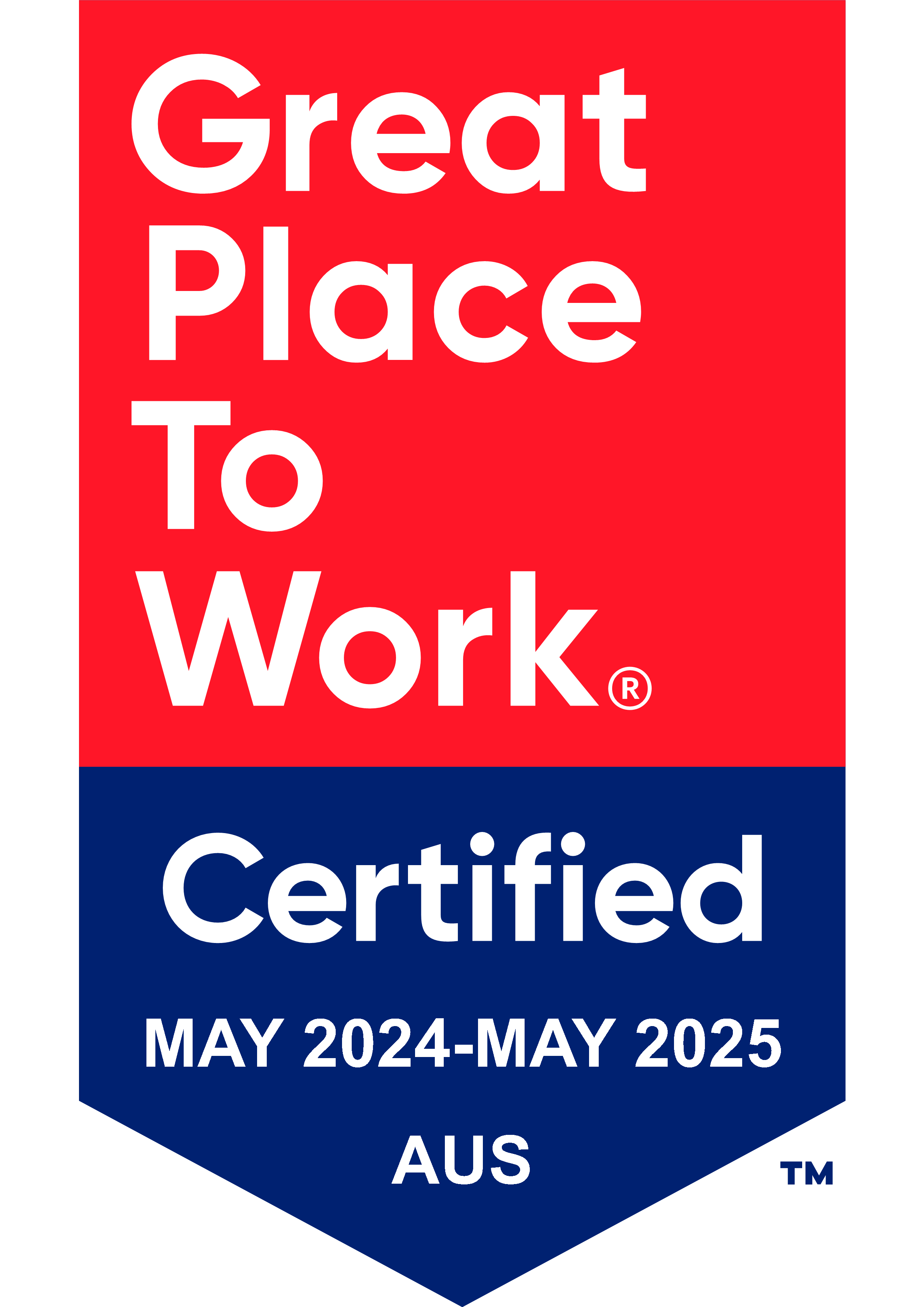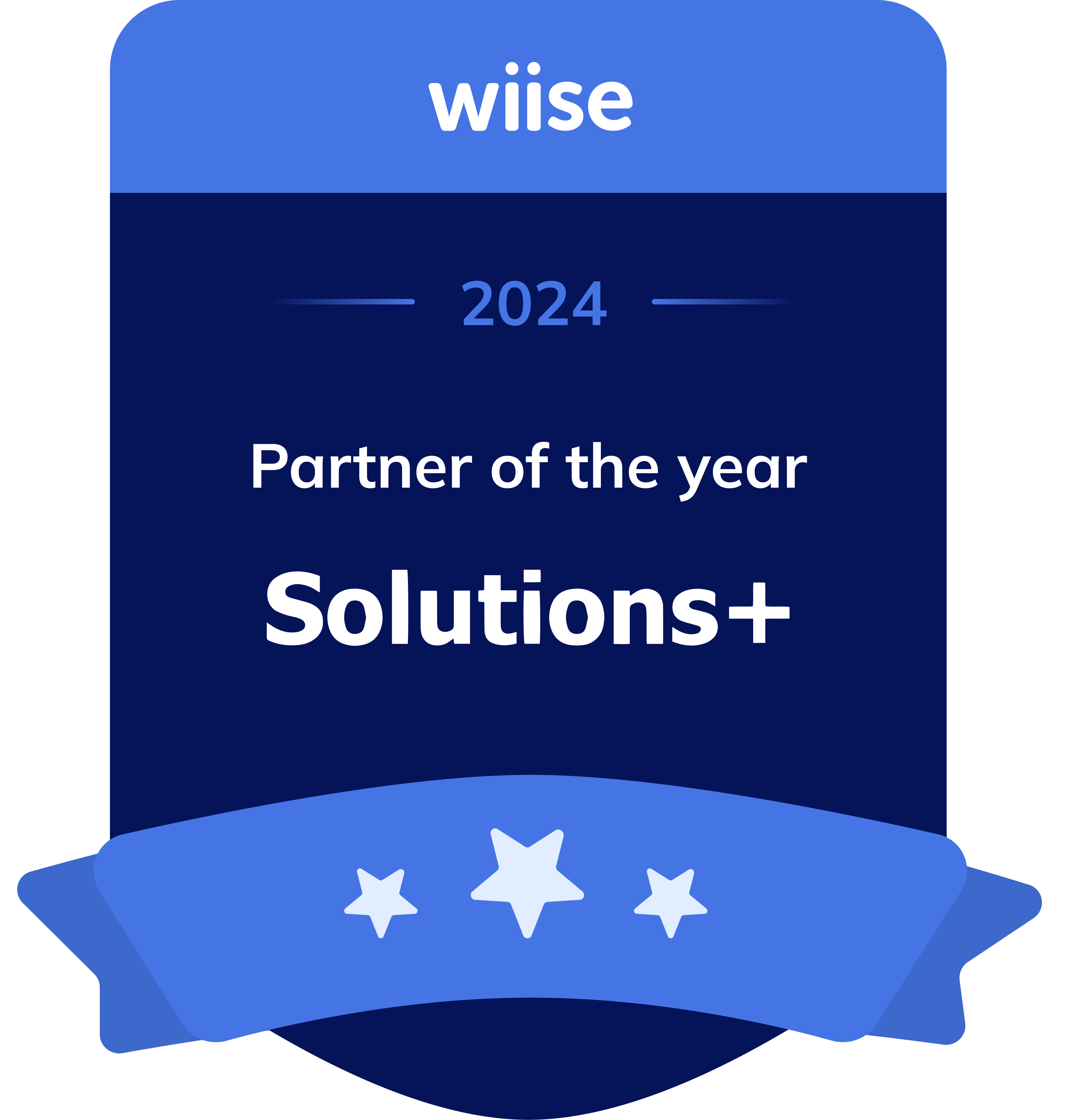As discussed in the article referenced below, the ERP landscape has changed significantly in recent years with cloud ERP solutions becoming increasingly relevant. Cloud systems are particularly applicable for small to medium sized business as it lowers the upfront investment and eliminates discussions about hardware purchases, upgrade and IT. The cloud ERP also provides a more flexible license model where you pay for the licenses required and can flex up and down over time.
However, it is important to select an ERP solution which is very flexible and can be setup (configuration and customisation) to meet your requirements. Our experience is that about 80% of business processes are “standard” and therefore easily covered in the solution, but it is the remaining 20% which really drive value to your organisation. Typically a simple accounting system cannot accommodate for these specific requirements and therefore your organisation will not realise all the benefits and efficiencies. We often see automation of workflows as an area where ERP solutions can drive efficiency and ensure full visibility of the end to end business process.
Don’t settle for second best. Select a cloud ERP solution but ensure that it can be setup and customised to your specific needs.


